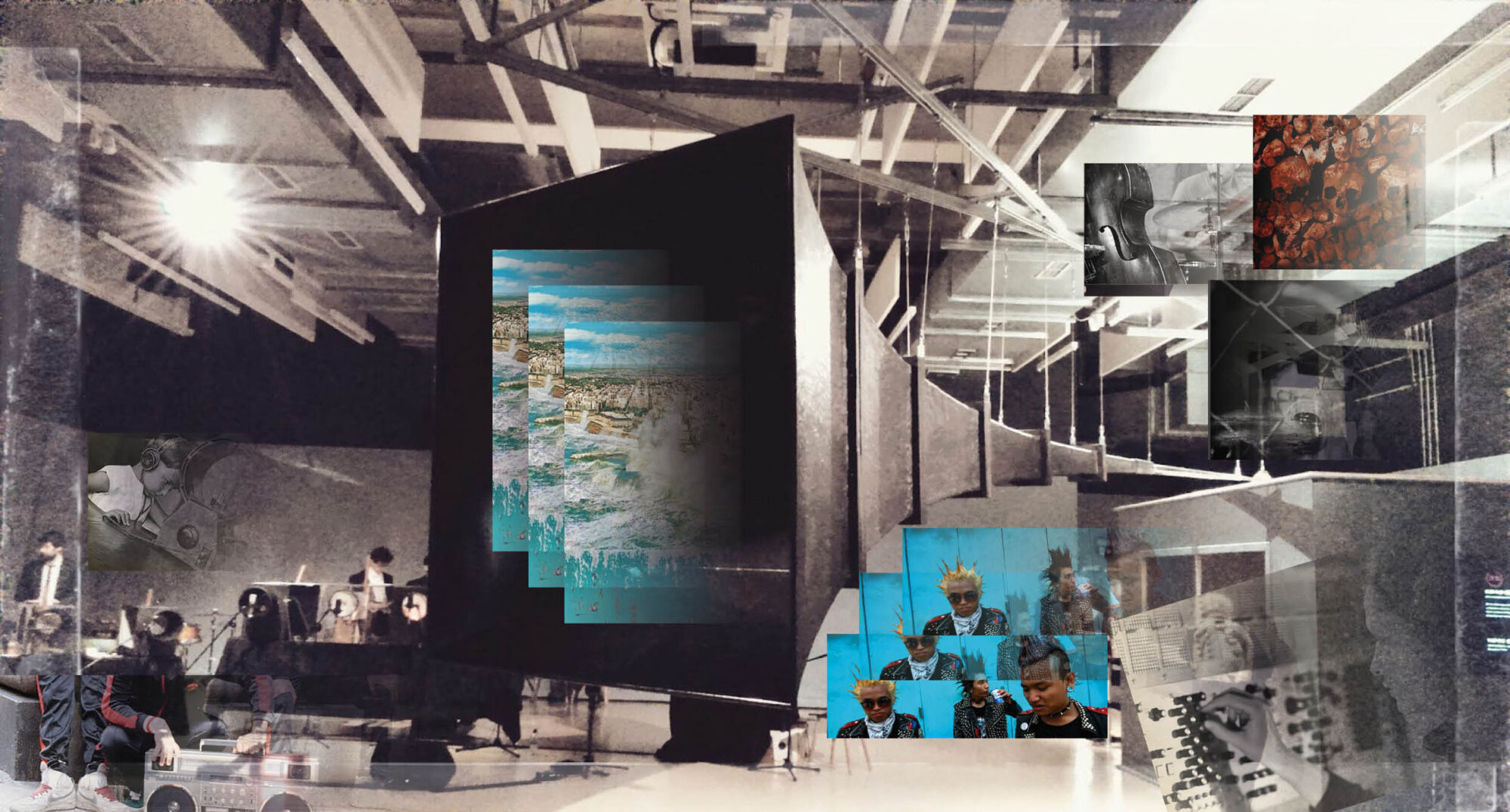Popular music is embedded in and connected to our globalized world. A world that is, however, not an equal and fair one. Issues of power, place, and positions play a fundamental role in all aspects of life: It matters in which context, world region, class, or ethnic belonging a person, an institution, a music is situated. The first volume of the IASPM D-A-CH series ~Vibes looks at (global) power relations and representations of differences in popular music (studies). In the introduction the editors argue for the inclusion of postcolonial thought and questions of decolonizing academia into popular music studies. Based on papers held at the IASPM D-A-CH conference in Bern 2018, this volume presents seven articles from various disciplines, discussing education, economics, globalization, and politics.
[Download PDF-Version] | [Abstract auf Deutsch]
„Pop–Power–Positions: Engaging with the (Post)Colonial in Popular Music Studies. An Introduction“ weiterlesen


